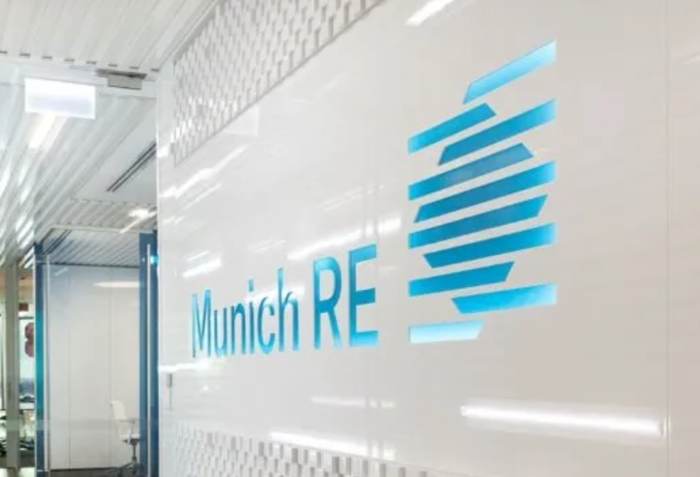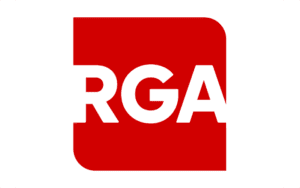Munich Re delivers strong Q1 profit, raises reinsurance premium target

Munich Re has delivered a €608m profit for the first-quarter of 2022 despite a reasonably high burden from catastrophes, the COVID-19 pandemic and the first claims related to the conflict in Ukraine.
In fact, Munich Re is the only one of the big-four European reinsurance firms not to go over its natural catastrophe budget for the first-quarter period, as it reported below-average major losses for its property and casualty reinsurance business.
With below-average losses, but continuing strong premium growth and rising prices in P&C reinsurance, Munich Re continues to position itself for a profitable year and even a hit on the investment side due to write-downs of Russian and Ukrainian bonds hasn’t hurt its result particularly.
Overall premium growth was reported at almost 16%, but in P&C reinsurance it was over 25% during the first-quarter of the year.
In addition, Munich Re grew its reinsurance premiums by 7.6% at the April renewal season as well, thanks to growth opportunities in Japan, India and Latin America.
At the same time, the reinsurer continues to non-renew certain business that is less appealing, as it prunes and hones its portfolio to take advantage of market conditions.
Prices have risen across many market segments, with prices for reinsurance cover rising considerably in some markets, including the USA, Munich Re said.
Looking ahead, Munich Re expects stable markets at the mid-year renewals, which likely imply more growth opportunities.
As a result, the reinsurer has raised its gross premium target for the reinsurance business as well, lifting it from €42.5bn to €45bn for the full-year, a clear sign of the profitable market environment the reinsurance giant is experiencing.
Having underutilised its major loss budget in Q1, Munich Re said it has €3.3bn left to utilise for the rest of the year.
In Q1, P&C reinsurance contributed €589m to Munich Re’s result, up on the prior year, while the combined ratio was 91.3% (well down on the prior year’s 98.9%) of net earned premium.
Munich Re has booked expenditure related to the war in Ukraine of slightly over €100m in some specialty lines, the company said.
While major losses came in at €667m (down from €892m) for Q1, which was just 9.2% (down from last year’s 15.5%) of net earned premiums, so well below the long-term average of 13%.
Man-made major losses were just €185m for Q1 2022, down from the prior year’s €247m.
Natural catastrophe losses also fell to €481m (down from €646m).
Munich Re implied its retrocession may have responded here, to help reduce the nat cat burden, as it reported that the rainfall and flooding in eastern Australia drove losses of around €440m, while winter storms in Europe produced losses of slightly below €120m for the company.
On the life and health reinsurance side, Munich Re has been impacted by additional mortality claims related to the COVID-19 pandemic, with €150m booked, largely due to the Omicron wave in the USA.
As a result, the life and health reinsurance business recorded a loss of -€78m for Q1 2022.
Munich Re has not lifted its full-year profit target despite the elevated growth targets, still aiming for a consolidated result of €3.3bn for the 2022 financial year.
CFO Christoph Jurecka commented, “Munich Re is helping to provide humanitarian aid for the people of Ukraine and fully supports the sanctions against Russia. The financial consequences of the war and the sanctions severely impacted our result in the first quarter: We made write-downs for impairment losses on Russian and Ukrainian bonds alike and recorded the first claims.
“Despite the uncertainties of a challenging environment, Munich Re maintains its annual guidance of €3.3bn based on a quarterly profit of more than €600m.”






